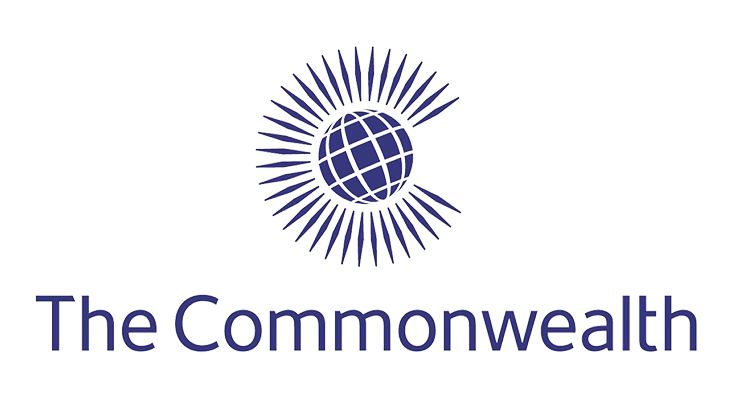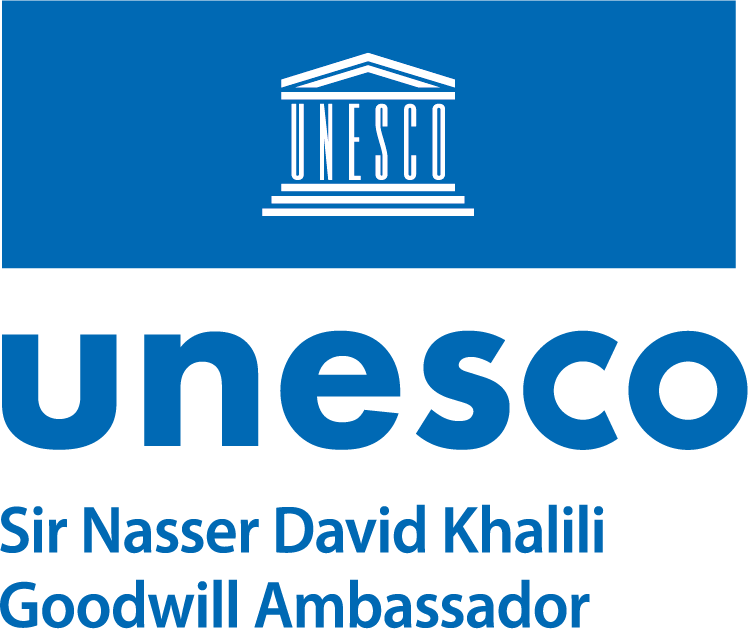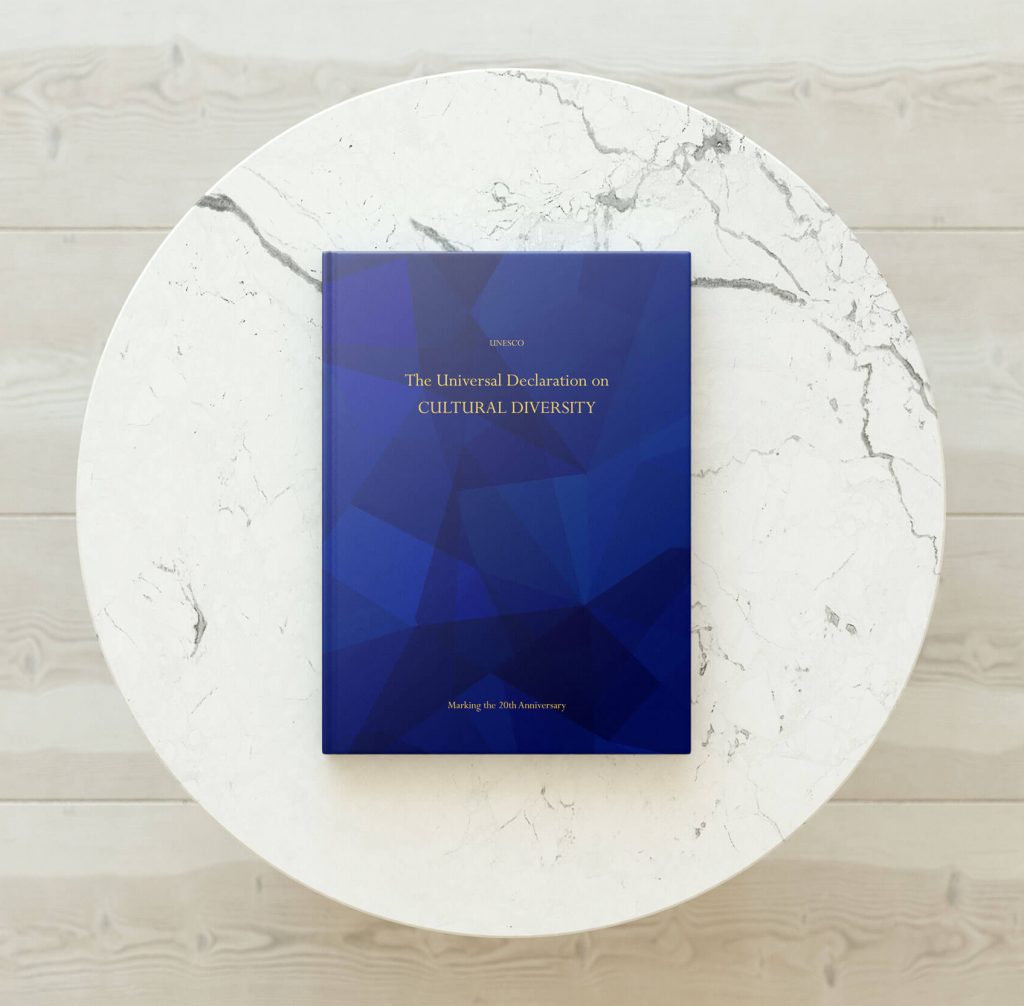
Khalili Foundation
“Each tinted fragment sparkles in the sun; a thousand Colours, but the light is One”
– Jami (15th century Persian poet)

Sir David Khalili is a leading voice in the global movement to advance peace, unity and mutual respect worldwide. His philanthropic and humanitarian work, channelled through the Khalili Foundation, has been recognised globally.
Over the past three decades, the Khalili Foundation has become a world leader in promoting intercultural relations. The Foundation has donated several million pounds to support and drive a number of internationally recognised projects that use the power of art, culture and education to bring people together. Our partners include international organisations such as UNESCO and the Commonwealth as well as leading research and education establishments such as the University of Oxford and the School of Oriental and African Studies.
The main initiatives of the Foundation are:
- Cultural Philanthropy
- Global Partnerships
- Maimonides Interfaith Initiative
- Gifts and Grants
- Global Humanitarian Positions
Aside from these core initiatives, donations have been made regularly and anonymously to a number of charitable causes worldwide. Through its expertise and network, the Foundation has also developed and facilitated a number of successful charitable initiatives led by other notable organisations such as Oxford University, SOAS and Turquoise Mountain Foundation.
About
Professor Sir Nasser D. Khalili
Founder and Chairman, Khalili Foundation
Professor Sir Nasser D. Khalili, KSS KCSS is a world-renowned Iranian-born British scholar, collector, philanthropist, and UNESCO Goodwill Ambassador. He received his PhD in Islamic Art from the School of Oriental and African Studies (SOAS), University of London, where he was also awarded an Honorary Fellowship in 1992. He is also an Honorary Fellow of Wolfson College, University of Oxford, where he is a Member of the Chancellor’s Court of Benefactors.
Over the course of five decades, Sir David has assembled eight of the world’s finest art collections comprising some 35,000 works, many of which have been exhibited at prestigious museums and institutions worldwide. Each work has been meticulously conserved, researched, catalogued, and published as part of what is considered to be one of the most ambitious art scholarship projects in modern history. Eighty of over a hundred planned volumes have already been published, led by Sir David and with contributions from the world’s leading experts in each respective field.
Sir David is also a pioneer of cultural philanthropy and cultural diplomacy. He is founder and chairman of the Khalili Foundation, which over the past three decades has been a global leader in promoting interfaith and intercultural relations. The Foundation has supported and driven a number of internationally recognised projects that use the power of art, culture and education to foster peace and unity. Key partners include UNESCO, the Commonwealth, Prince’s Trust, Aspen Institute and the United Nations Alliance of Civilizations.
Sir David’s many honours and awards include Trustee of the City of Jerusalem and the High Sheriff of Greater London Award, as well as Knighthoods from Pope John Paul II and Pope Benedict XVI for his work in the pursuit of peace, education and culture among nations. He has also received the rank of Officier in the National Order of the Legion of Honour from the French President François Hollande at the Élysée Palace as well as a knighthood in the 2020 Queen’s Birthday Honours “for services to interfaith relations and charity”.
Learn more about Professor Sir Nasser D. Khalili.
Trustees
Professor Sir Nasser David Khalili
Chairman
Lady Marion Khalili
Co-Chair
Daniel Khalili
Trustee
Benjamin Khalili
Trustee
Raphael Khalili
Trustee
Nizam Uddin OBE
Trustee
Team
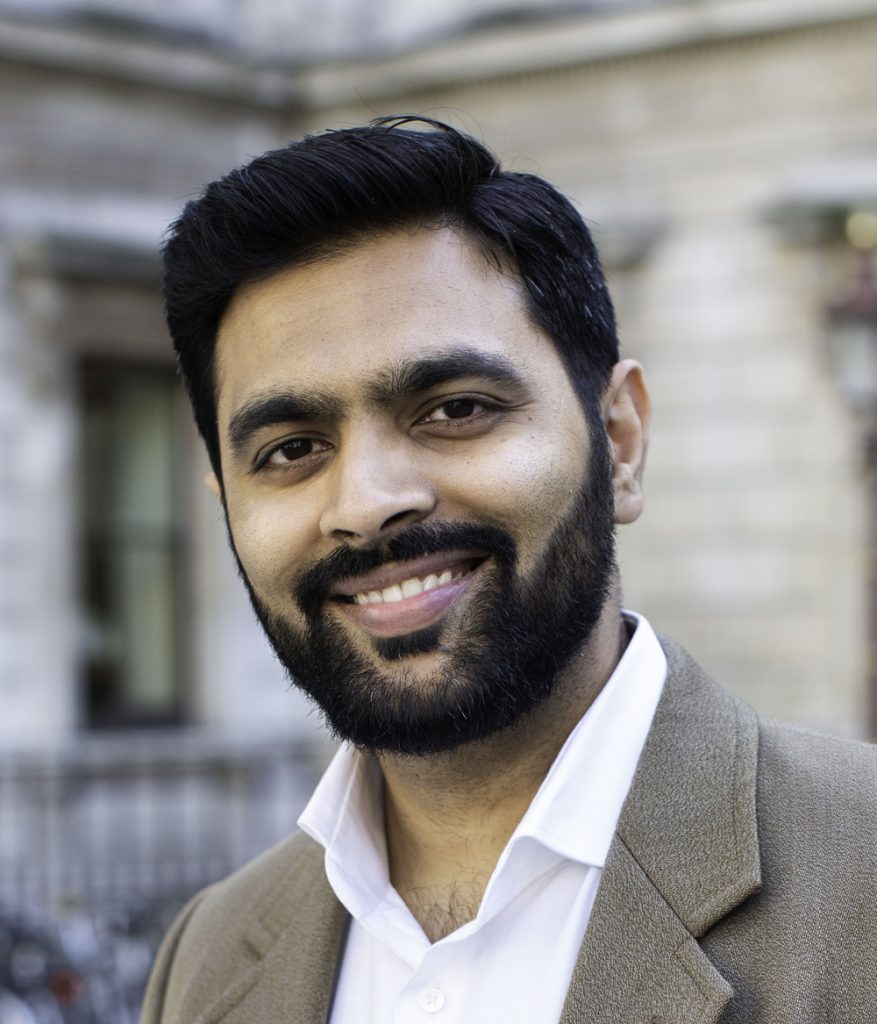
Waqās Ahmed
Executive Director, Khalili Foundation
Waqās is Executive Director of the Khalili Foundation, Editor of the UNESCO Universal Declaration on Cultural Diversity (20th Anniversary book 2021), and Curator of the World Festival of Cultural Diversity.
He was previously a diplomatic journalist and publisher, namely as editor of the Official Reports for the Commonwealth Heads of Government Meetings (2011-2015) and editor of Holy Makkah (FIRST 2017). He is now Visiting Scholar at the University of Cambridge, Visiting Fellow at the Open University Business School and Assistant Professor at the London Interdisciplinary School.
Waqās is also author of the internationally acclaimed book The Polymath (Wiley 2019) and is often referred to as a “renaissance man” in the media for his diverse interests. He has written and lectured on history, art, education, science and philosophy and has either been published by or featured in the Times, the Financial Times, Fast Company, the BBC, Forbes, Men’s Health, Philosophy Now and The Lancet.
Born and raised in Britain, Waqās has lived in several countries across Europe, Africa, the Middle East and South Asia. He holds a BSc in Development Economics (SOAS) and postgraduate degrees in International Relations (LSE) and Neuroscience (King’s College London).
Pouya Hosseinpour
chief technology officer
Pouya is the Chief Executive Officer at the Khalili Foundation, The Khalili Collections, and The Khalili Publications, as well as serving as the Chief Executive Officer of Nocturnal Cloud. With a wealth of experience in all things digital, from marketing to spatial video, AI app development, and the latest in technologies, Pouya has distinguished himself as a technical specialist. His reputation surged as he swiftly provided innovative solutions to clients worldwide.
Recognising prevalent gaps in technological integration within various sectors, Pouya resolved to bridge these divides. Seamlessly merging technology with creative strategy, he has become an instrumental figure within the digital landscape. As the Chief Technology Officer of the Khalili Foundation, Pouya leads a team of skilled technical professionals, spearheading a journey of digital innovation and transformation.
Since assuming his role, Pouya has overseen the development and implementation of cutting-edge technological solutions across a diverse range of projects including The Commonwealth Faith Festival, The World Festival of Cultural Diversity, Interfaith Explorers, Maimonides Foundation and The World Reimagined with Nocturnal Cloud. Under his leadership, the Khalili Foundation has consistently delivered impactful digital initiatives, propelling the organisation to the forefront of technological advancement.
With his visionary leadership and unwavering commitment to innovation, Pouya envisions a future where technology plays an integral role in addressing societal challenges and driving positive change. As the Chief Technology Officer, he remains dedicated to harnessing the latest technological breakthroughs to empower the Khalili Foundation’s mission and propel it towards even greater success.
Dr Martin Poulter
Wikimedian-in-Residence
Board of Advisors
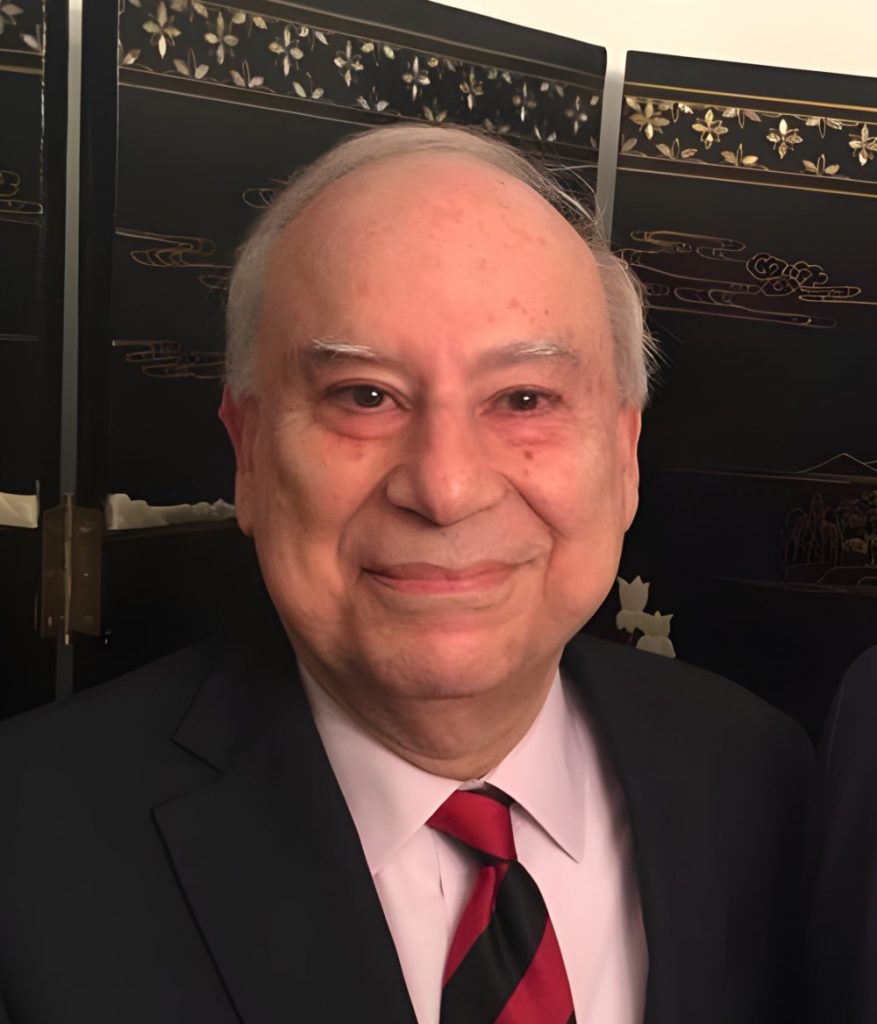
Professor Akbar S. Ahmed
Chairman of Islamic Studies, American University
Ambassador Akbar Ahmed is the Ibn Khaldun Chair of Islamic Studies at American University and a Wilson Center Global Fellow in Washington, D.C. His posts have included Commissioner in Balochistan, Political Agent in the Tribal Areas, and Pakistan High Commissioner to the UK and Ireland. He has won the Star of Pakistan award and was recipient of the inaugural Gandhi Peace Award and Purpose Prize with Professor Judea Pearl. The National Cathedral dedicated an unprecedented Evensong to him. Highlights from his past include Nonresident Senior Fellow at the Brookings Institution; the First Distinguished Chair of Middle East and Islamic Studies at the U.S. Naval Academy in Annapolis, MD; the Iqbal Fellow and Fellow of Selwyn College at the University of Cambridge; and teaching positions at Harvard and Princeton Universities. Professor Stanley Wolpert noted: “Akbar Ahmed is the greatest scholar of Islam in America and the world…nobody else stands so high.”
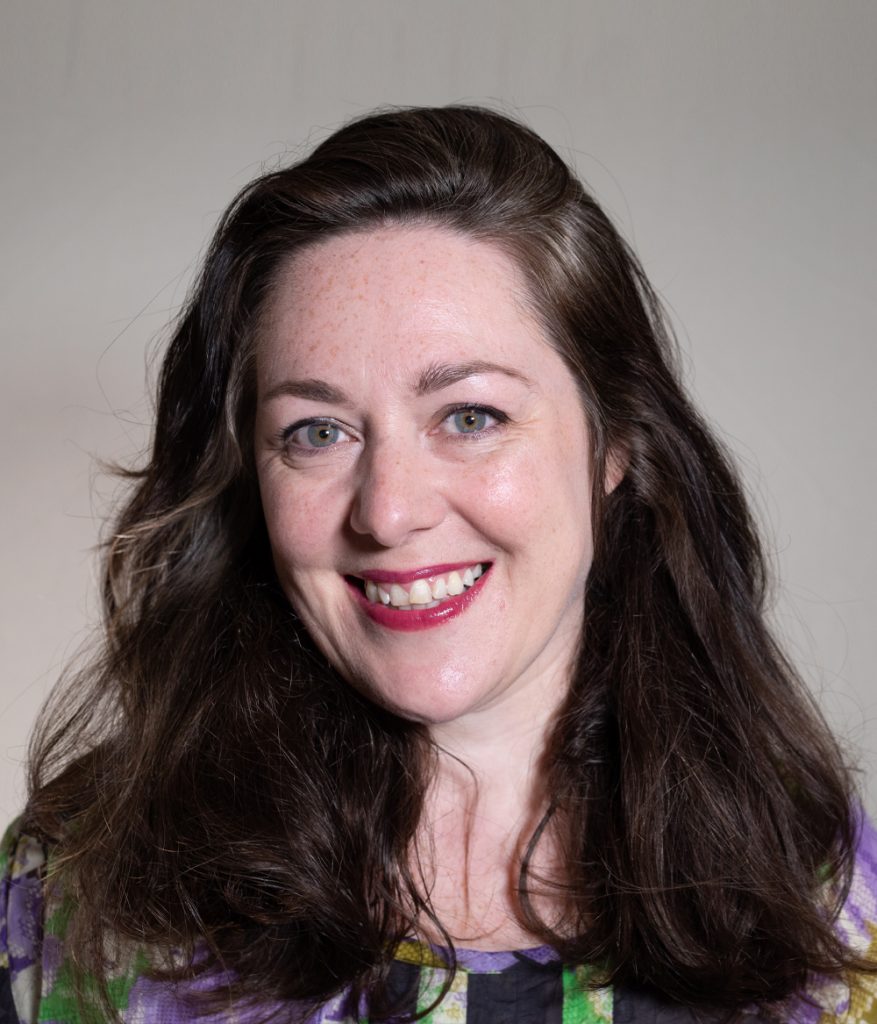
Lucy Crompton-Reid
CEO, Wikimedia
Lucy Crompton-Reid has worked in the cultural, public and voluntary sectors for 25 years, with an emphasis on leading and developing participatory practice and promoting marginalised voices. In 2015 she joined Wikimedia UK – the national charity for Wikipedia and Wikimedia’s other open knowledge projects – as Chief Executive, where she has spearheaded a focus on knowledge equity.
Prior to joining Wikimedia UK, Lucy was Director of the literature charity Apples and Snakes, where she led an extensive national programme including live events, artist development and participation projects. Previous leadership roles include Head of Outreach and Public Engagement at the House of Lords; Director of Creative Partnerships (London West) at Arts Council England; and Refugee Week National Coordinator at the British Refugee Council.
Lucy is an RSA Fellow. She is on the British Library Advisory Council and sits on the boards of The Audience Agency and Visible Theatre.
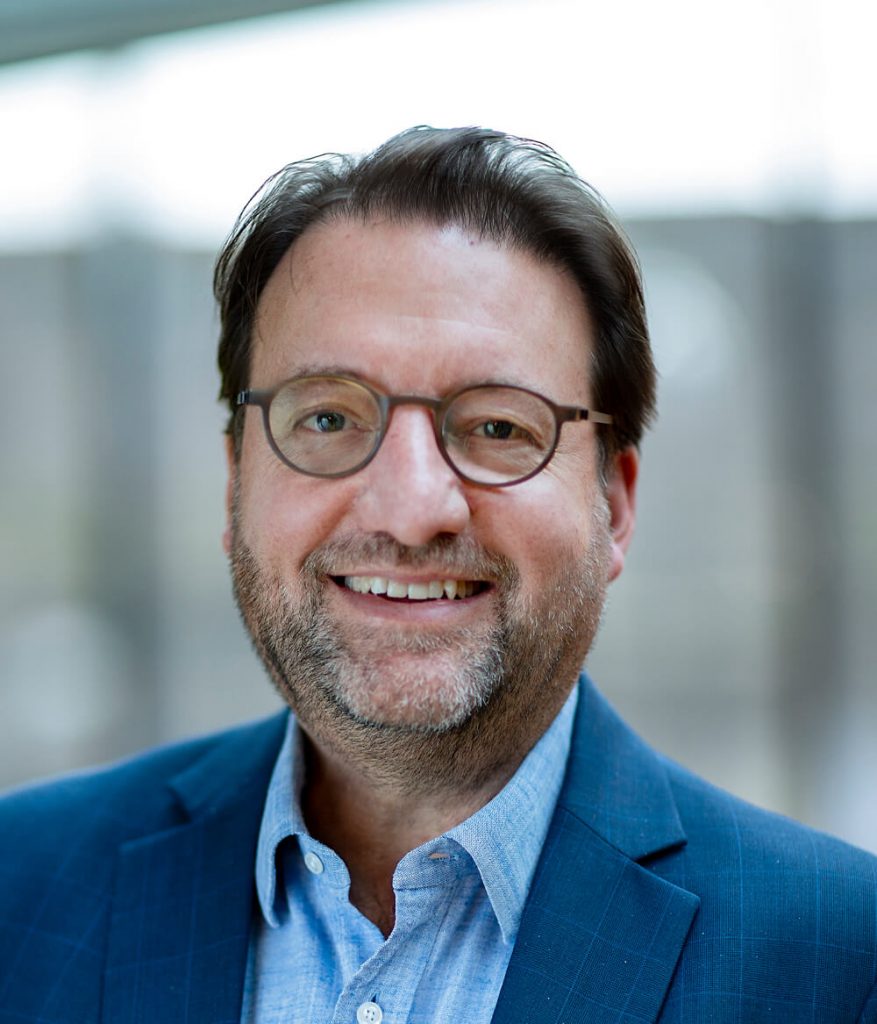
Paul Owens
Founding Director, WCCF
Paul is co-founder of BOP Consulting and an internationally recognised expert on culture and the creative economy, with a particular interest in the relationship between culture and sustainable development.
Over the past 25 years, he has pioneered new approaches to supporting culture working with policy makers, city leaders and cultural and creative businesses. Recent clients include UNESCO, UK Department for Culture, Media and Sport, the British Council, Inter-American Development Bank, the European Commission, and KSA Ministry of Culture.
He is the Founding Director of the World Cities Culture Forum, working on behalf of the Mayor of London to develop and manage a network of 40 major cities, promoting culture within urban policy.
Paul is a Trustee of the Cultural Philanthropy Foundation advocating for greater philanthropic investment in culture and the arts; a Board Member of Alchemy World a charity which promotes creative entrepreneurship on Ethiopia; and Special Advisor to Aesop (Arts Enterprise with a Social Purpose).
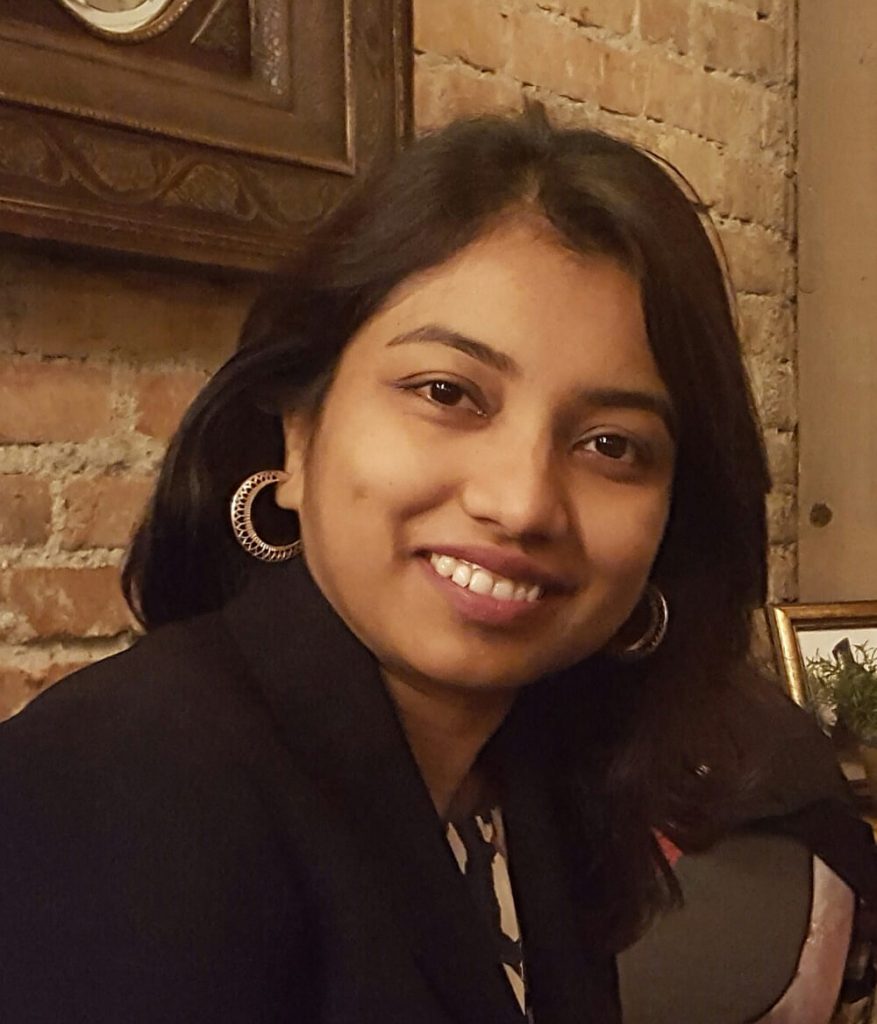
Dr Nazia Mintz Habib
Founder, CRSD
Dr Nazia Mintz Habib, FRSA, Founder and the Head of the Research Centre Director for the Centre for Resilience and Sustainable Development (CRSD). She has appointments at the Department of Engineering and Department of Land Economy at the University of Cambridge. She is an expert on applying systems thinking in political economics theories to improve decision making related to institutionalising good governance, sustainable investment and responsible innovation systems.
Over the past 20 years, Dr Habib has dedicated her professional, entrepreneurial and academic efforts to develop twenty-first century methodologies that will harness the power of collective intelligence, smart technologies and open innovation to help improve the decision making process related to resilience and sustainable development. She built social businesses, consulted with leaders of more than 57 emerging countries, and thousand leaders benefited from her research methods and teaching.
Among many Fellowships and recognition of leaderships roles, Dr Habib is Fellow of the Royal Society of Arts (RSA), Board Member of the University of Cambridge’s Board of Scrutiny, Chair of Cambridge Sustainable Investment Partners (CSIP), Non-Executive Board member for TISATech, Non-Executive Board Advisor for Small Medium Foundation of Bangladesh, World Heritage Cultural Centre (WHCC), and previously was a Fellow with the World Economic Forum (WEF), Harvard Sustainability Science, UN Food Systems Summit, Newton Trust, Commonwealth Trust and recognised as Transformational Food Leaders of 2020. At Cambridge, Dr Habib received the Claydon Prize for her outstanding PhD thesis in Economics, and her book ‘Biofuels, Food Security, and Developing economies’ (2016) was ranked among the top three highly influential books of 2016 by Food Tank.
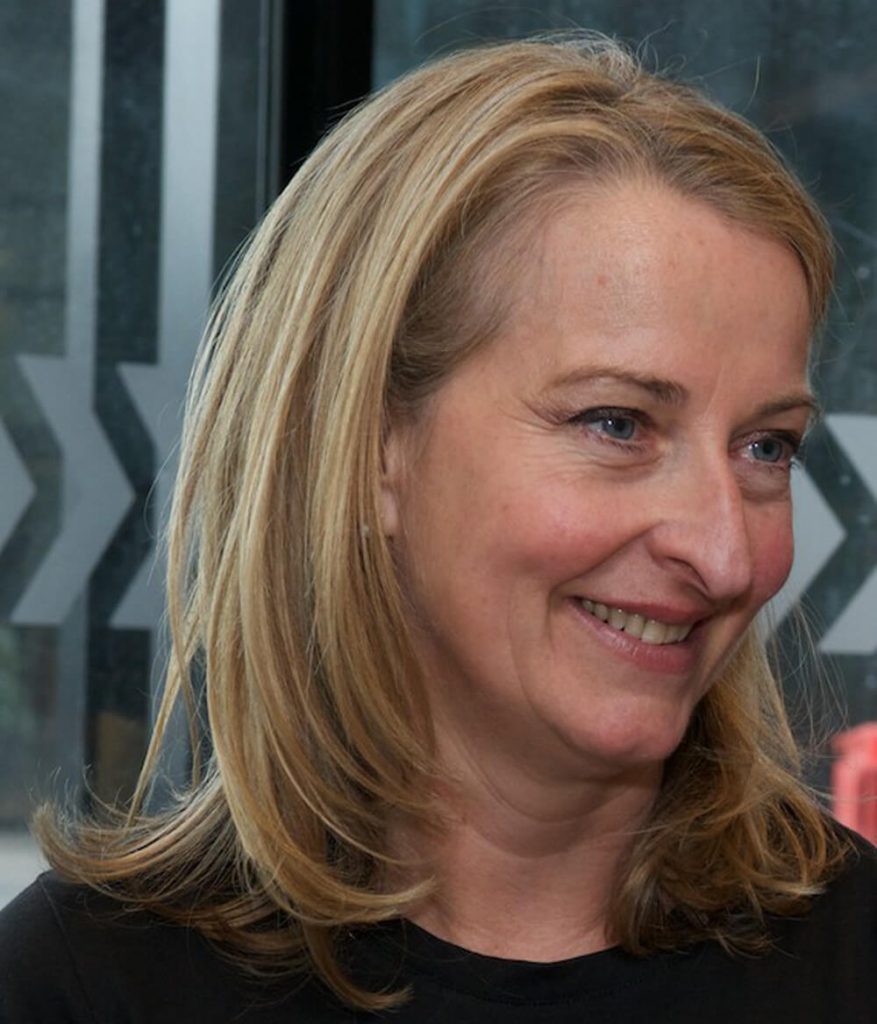
Penny Richards
CEO, Aspen
Penny Richards is the CEO of the Aspen Institute in the UK. Aspen UK believes dialogue is an essential way to promote understanding – an essential step to repairing the political, social, and cultural divisions that exist in the UK. Penny is a leader with an exceptional track record of delivering meaningful results for international organisations, including the Bill & Melinda Gates Foundation and the BBC. She spent many years working in foreign news at the BBC, finally as their Asia Bureaux Editor, responsible for the news coverage of half the world’s population. She was also the COO for The Elders, a group of independent former world leaders, working together for peace and human rights. Before helping launch Aspen UK she was the head of the Institute of Masters of Wine, the wine industry’s only global education and membership organisation.

Harry Verwayen
General Director, Europeana
Harry Verwayen- General Director Europeana Foundation, the operator of the Europeana Initiative. Across Europe, museums, galleries and archives digitize their collections. Europeana supports these organisations in their digital transformation by making these collections available as widely as possible so that people can find and use them. For work, for learning or just for fun. Our work is guided by creative collaboration, supportive teamwork and the idea that sharing and reusing cultural content can positively transform the world. Prior to this Harry worked at the Amsterdam-based think tank Kennisland where he was responsible for business model innovation in the cultural heritage sector. Harry holds a MA in History from Leiden University and has worked over ten years in the Academic Publishing Industry. Mediocre tennis player, reasonable cook, aspiring photographer.
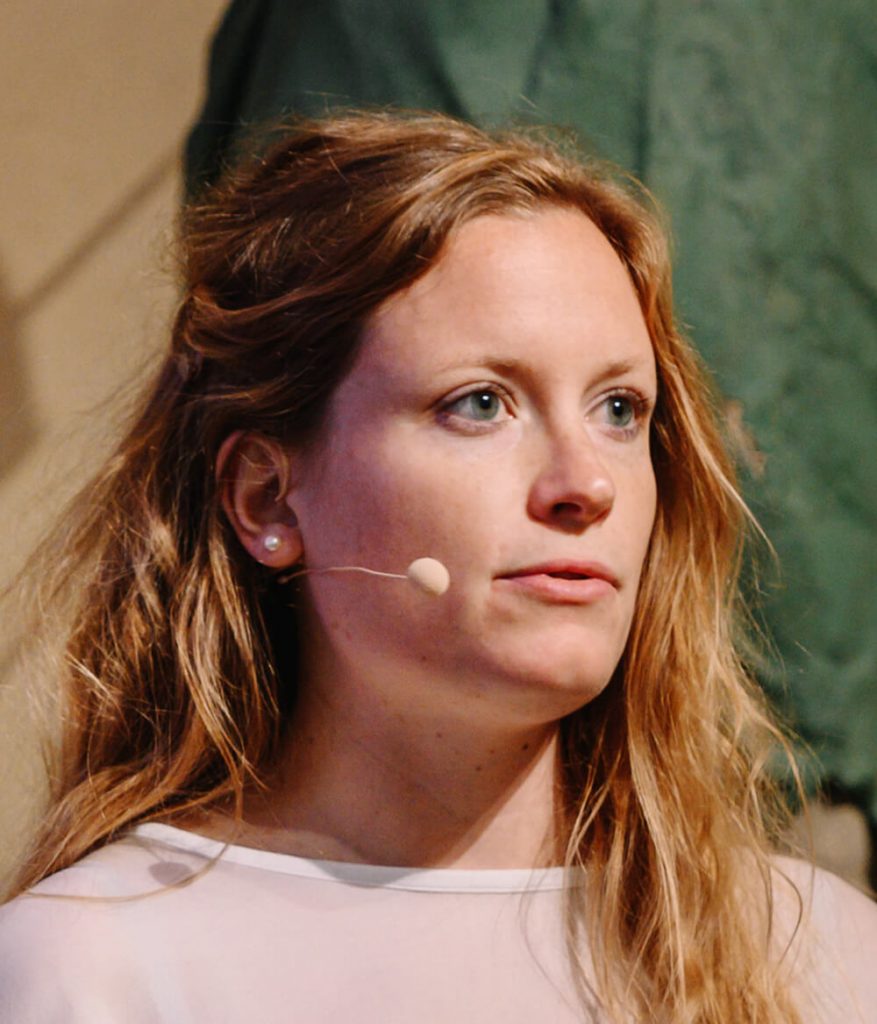
Harriet Wennberg
Executive Director, INTBAU
Harriet is Executive Director of INTBAU (intbau.org), a charity founded by The former Prince of Wales, and a position she has held since 2010. Her work has included helping the network to grow to 40 chapters in different countries around the world. She has worked with colleagues internationally to organise workshops, conferences, summer schools, competitions, and pieces of research on traditional building, architecture, and urbanism in, amongst others, Sweden, Pakistan, Cyprus, Poland, and Canada. In addition, Harriet is a trustee of the Georgian Group and an addict of walking in urban and rural landscapes. She has a Master’s in Architectural History from the University of St Andrews, is a trustee of the Georgian Group, and regularly publishes book reviews and essays on traditional architecture.

